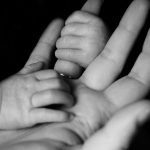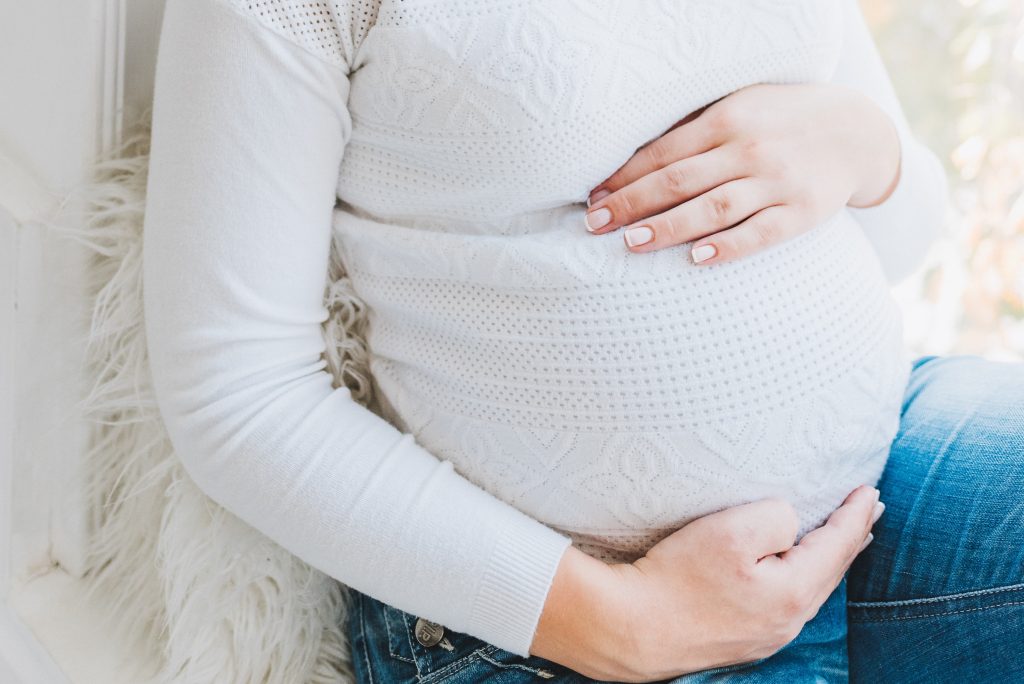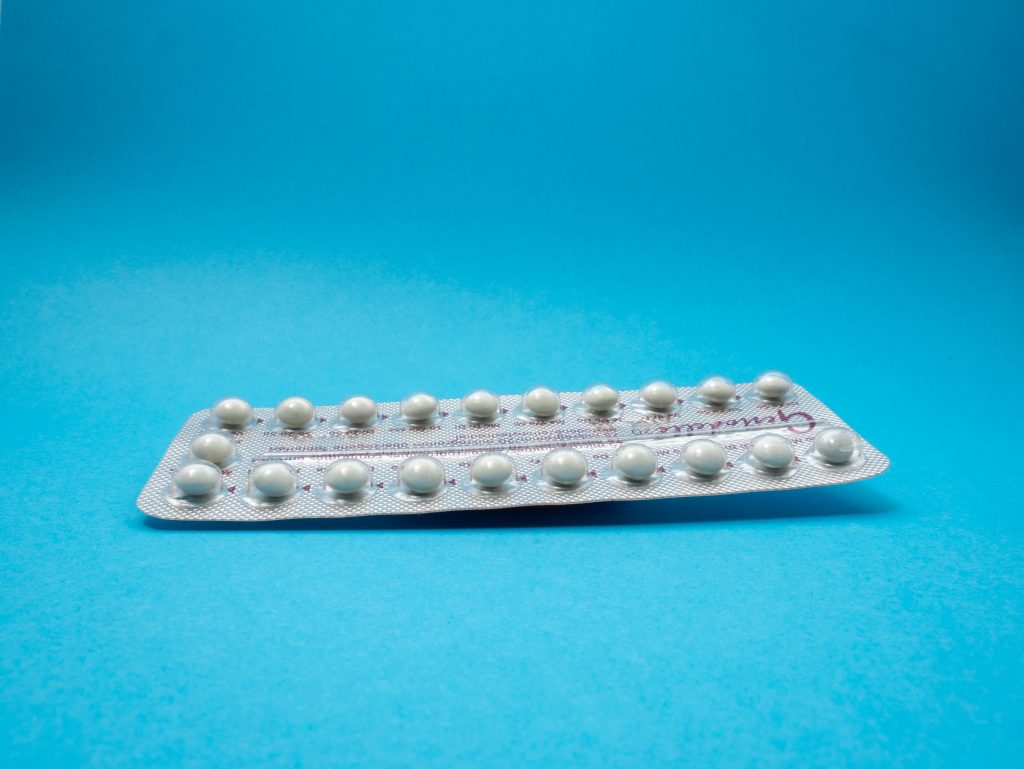
Women have a higher risk of developing depression than men, a difference which starts in adolescence and lasts until menopause. The timing of the difference between men and women suggests that there is vulnerability to depression when women are of a child-bearing age. There are several mental health-related conditions, such as premenstrual dysphoric disorder (PMDD) (Halbreich, 2003) and postpartum depression (PPD, covered by Mental Elf here) (O’Hara and Swain, 1996), that suggest that hormone fluctuations might be a trigger for depressive episodes. These hormone fluctuations may be brought about by the menstrual cycle, having a baby or taking hormonal contraception (Skovlund et al., 2016).
Within the wider population of those who have major depressive disorder (MDD), hormone sensitive women might make up a smaller subgroup who would benefit from more targeted treatments. However, what we don’t know is whether depressive episodes across a woman’s life share the same biological basis – in other words is depression related to the menstrual cycle the same or distinct from depression associated with having had a baby? Few studies have investigated this and those that have are small in size and suffer from bias (Dennerstein et al., 1988), limiting our ability to interpret their results in a useful way.
Larsen et al. aimed to use Danish registry data to investigate whether women with a history of depression associated with using hormonal contraception were at a higher risk of developing postpartum depression.

Postpartum depression occurs in up to 13% of new mums and the hormonal changes occurring around this time may be partially responsible.
Methods
The study employed a cohort design, including all women in Denmark after 1978 who gave birth to their first child between 1996 and 2017. Additional eligibility criteria were applied, generating a group of eligible women for analysis. Using statistical models adjusting for differing characteristics between exposure groups, history of hormonal contraception-associated depression and no history of any depression were compared to history of any other type of depression (the exposures) to ascertain risk of postpartum depression (the outcome). Several sensitivity analyses were performed to test the robustness of the findings to different conditions.
Results
Out of the 269,354 eligible women, the majority had used hormonal contraception before the birth of their first child. The study population included 188,648 first-time mothers, where 5,722 had experienced hormonal contraception-related depression (3.0% incidence rate in the population) and 2,457 developed postpartum depression (1.3%). Women with hormonal contraception-related depression experienced more depressive episodes than women with other types of depression (63.4% vs 38.6% having more than one episode).
Characteristically, those with both types of depression tended to be older and have a lower educational level than those without a history of depression. They had a higher body mass index (BMI) on average compared to those without depression and were more likely to have had a caesarean section. Missing data in BMI was less prevalent among those with a history of either type of depression compared with those who had no history of depression.
Women with a history of hormonal contraception-related depression had a 35% higher risk of postpartum depression than women who had experienced other types of depression in the adjusted models (odds ratio 1.35 95% confidence interval 1.17 to 1.56). The model was adjusted for calendar year, maternal age at delivery, educational level at delivery, family history of depression, marital status, obstetric risk factors like preterm birth, other psychiatric disorders, and medical indications for hormonal contraception like heavy periods.
The findings from the primary analysis were robust in all sensitivity analyses. The effect weakened a little in the sensitivity analysis where exposure status was restricted to the first depressive episode, suggesting that the risk was more like 19% higher for developing postpartum depression among those with a history of hormonal contraception-related depression.
Those who had no history of depression had an incredibly low risk of developing postpartum depression with an odds ratio of 0.23, suggesting an extreme protective effect of unlikely magnitude.

Women with a history of hormonal contraception-related depression had a 35% higher risk of postpartum depression than women who had experienced other types of depression.
Conclusions
The present study supports the hypothesis that women who have been sensitive to hormonal changes in the past, such as the initiation of hormonal contraception, might be at a higher risk of both antenatal and postpartum depression. The paper contributes to the emerging evidence that depressive episodes might be linked to hormonal changes among a sensitive sub-population of women with history of depression. The mechanisms by which this might happen are still unclear. A recent twin study points towards a genetic component and another implicates hormones in serotonin signalling. These findings might aid in tailoring approaches for women with depression triggered by hormonal changes.

Women who have been sensitive to hormonal changes in the past might be at a higher risk of both antenatal and postpartum depression. This may be due to several factors, including genetics or hormones involved in serotonin signalling.
Strengths and limitations
This study has several strengths, namely it’s size and timespan. It used a lot of characteristic data to adjust the models accounting for potential confounding bias and registry data was prospectively collected in reference to the exposure and outcomes.
There were also some limitations. The first is the intrinsic assumption that hormonal contraception increases the risk of depression in the population, but this was not verifiable at an individual level, in other words, the authors did not know unequivocally that a depressive episode was caused by the initiation of contraception for each patient.
Also, those suffering from a depressive episode who did not use antidepressants or get diagnosed at a psychiatric clinic were not picked up and included in the analysis. The magnitude of the protective effect conferred by not having had depression before might be, in part, driven by the fact that some people are less inclined to visit the doctor to discuss depression. If people are less likely to report depression pre-pregnancy, they are probably less likely to report postpartum depression. As mentioned by the authors, those who didn’t start antidepressants or get a diagnosis in a psychiatric clinic would have been missed. It is plausible that there is a substantial number of these patients in the “no depression history” group, who are probably less likely to seek medical help for postpartum depression if they were to develop it, inflating the protective effect of no history of depression on perinatal/postpartum depression.
Overall, this was a well-designed and careful study with important findings for women of a child-bearing age who may be sensitive to hormonal changes in reference to their depression.

This was a well-designed and careful study with important findings for women of a child-bearing age who may be sensitive to hormonal changes in reference to their depression.
Implications for practice
There is growing evidence to support the contribution of hormonal changes in postpartum depression. Quantifying the risk will inform postpartum depression prediction modelling in the future. The development of precision medicine that could spin out from these prediction models might lead to treatments that are more targeted for women with depression sensitive to hormonal change. Ultimately, better and earlier identification of individuals at risk means better reproductive and obstetric care.
These findings may be useful for general practitioners in highlighting who among their patients of a child-bearing age might need more support in the postpartum period. It may also inform decision-making around starting or resuming hormonal contraception during the postpartum period.
In reference to implications for practice, these analyses are purely associational and are not making any causal claims. Ideally, we would require randomised controlled trials of hormonal contraception-related depression and postpartum depression to infer a causal effect here. Randomising people to have depression is not only unethical, it’s impossible, so other methods such as target trial emulation or re-analysis of RCT data of hormonal contraception might be useful to triangulate (or pull together) evidence from different sources to infer causation.

These findings may aid in identifying those at a higher risk of postpartum depression early in their reproductive life and providing more tailored support to their needs.
Statement of interests
No conflict of interests to declare.
Links
Primary paper
Larsen SVMikkelsen APLidegaard ØFrokjaer VG. Depression Associated With Hormonal Contraceptive Use as a Risk Indicator for Postpartum Depression. JAMA Psychiatry. 2023;80(7):682–689. doi:10.1001/jamapsychiatry.2023.0807
Other references
Halbreich U, Borenstein J, Pearlstein T, Kahn LS. The prevalence, impairment, impact, and burden of premenstrual dysphoric disorder (PMS/PMDD). Psychoneuroendocrinology. 2003;28(suppl 3):1-23. doi:10.1016/S0306-4530(03)00098-2
O’Hara MW, Swain AM. Rates and risk of postpartum depression—a meta-analysis. Int Rev Psychiatry. 1996;8(1):37-54. doi:10.3109/ 09540269609037816
Skovlund CW, Mørch LS, Kessing LV, Lidegaard Ø. Association of hormonal contraception with depression. JAMA Psychiatry. 2016;73(11):1154-1162. doi:10.1001/jamapsychiatry.2016.2387
Dennerstein L, Morse CA, Varnavides K. Premenstrual tension and depression—is there a relationship? J Psychosom Obstet Gynaecol. 1988;8 (1):45-52. doi:10.3109/01674828809016780
Photo credits
- Photo by Liv Bruce on Unsplash
- Photo by Anastasiia Chepinska on Unsplash
- Photo by Reproductive Health Supplies Coalition on Unsplash
- Photo by Andrew Moca on Unsplash
- Photo by Priscilla Du Preez on Unsplash
- Photo by Christina @ wocintechchat.com on Unsplash
